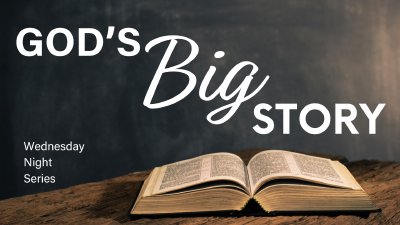Genesis 11:10–31:42
Main Idea: God established a covenant with one man (Abraham), and his family, through which God would bless and bring restoration to all the peoples of the earth.
5 P’s – Purpose, Perspective, Patience, Process, Prayer
Process – Comprehension (what happened), Interpretation (what does it mean, why is it recorded, why is it recorded in this location), Application (how can I apply to my life)
Texts To Consider:
1) Gen 12:1–3
a. ___________
b. ___________
c. _________________
2) Gen 12:10–20
a. Where else have I heard this?
3) Gen 14:17–24
a. Who is Melchizedek?
b. Where else do we read about him?
4) Gen 15:1–6; Gen 17:9–14
a. Where in the NT are these two passages highlighted?
5) Gen 27:1–13
a. What is it about these patriarchs and their behavior?
6) What about the firstborns?
a. Cain then Abel/Seth
b. Ishmael then Isaac
c. Esau then Jacob
d. Leah then Rachel
e. Reuben then many, including Joseph
Summary Statement: In the pages of Genesis, we see the story of God playing out in the first several generations. What God had created as very good in Gen 1–2, man had corrupted by falling into sin up through Gen 11. But then, God established his covenant with Abraham and the family that He promised to him. Barrenness (Sarah, Rebekah, Rachel) and brokenness (even the people in this family are messed up) of these people did not thwart the purpose of God.






